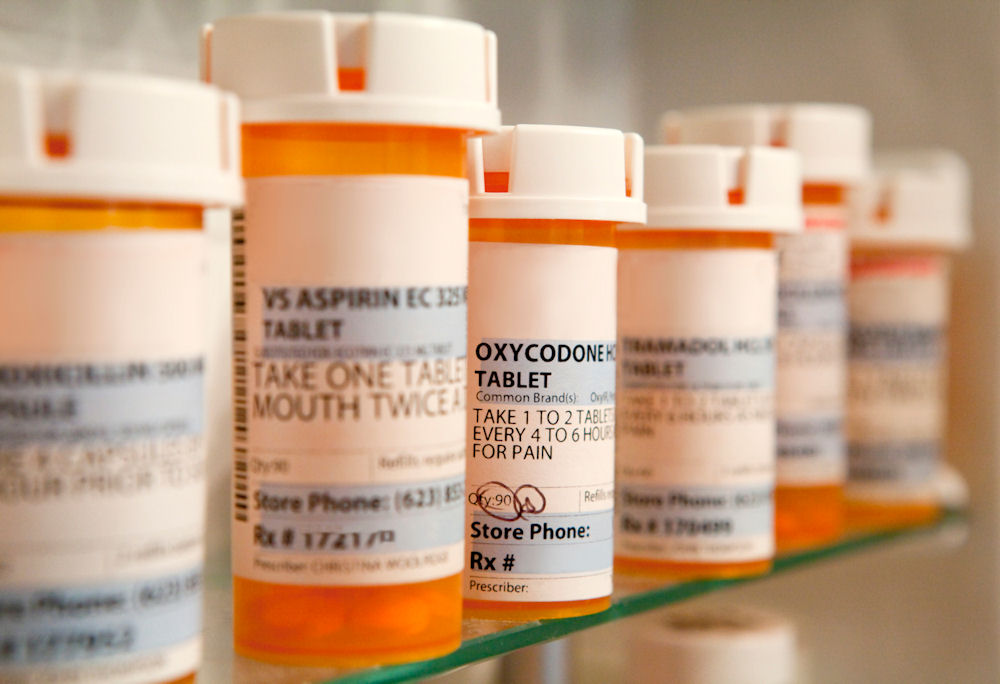Call Today 760-316-6384
All Calls Are Confidential, Your Privacy is always protected.
- PROGRAMS
- TREATMENT
- THERAPY
- ABOUT US
- ADDICTION RESOURCES
- INSURANCE
- Blog
- Contact Us
- 760-316-6384
- PROGRAMS
- TREATMENT
- THERAPY
- ABOUT US
- ADDICTION RESOURCES
- INSURANCE
- Blog
- Contact Us
- 760-316-6384







